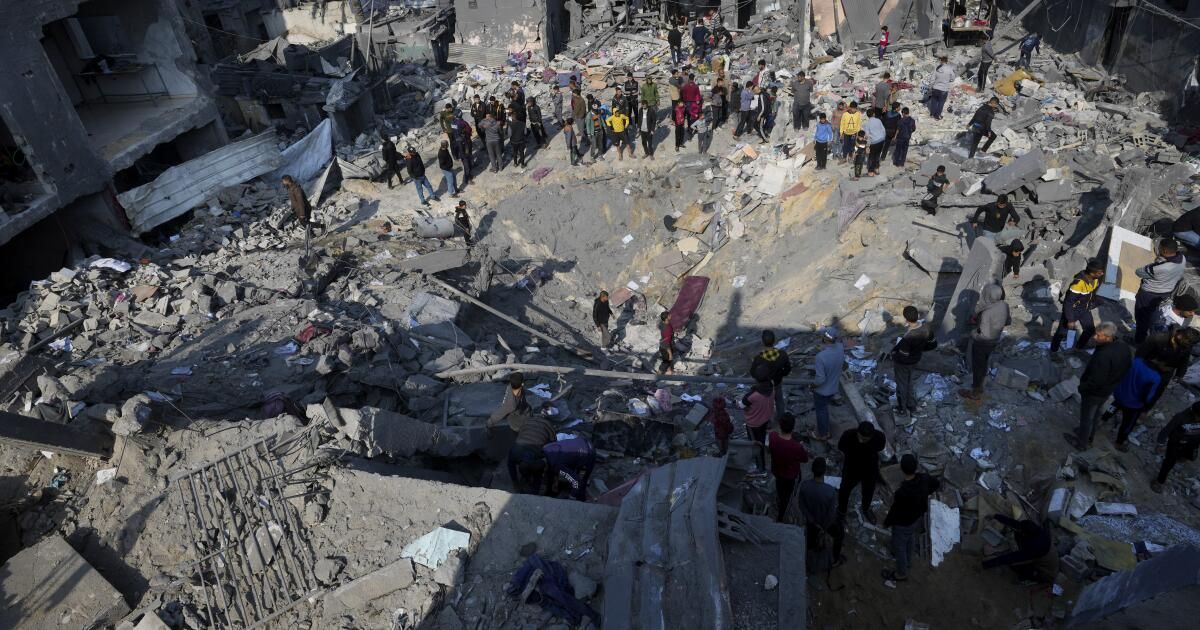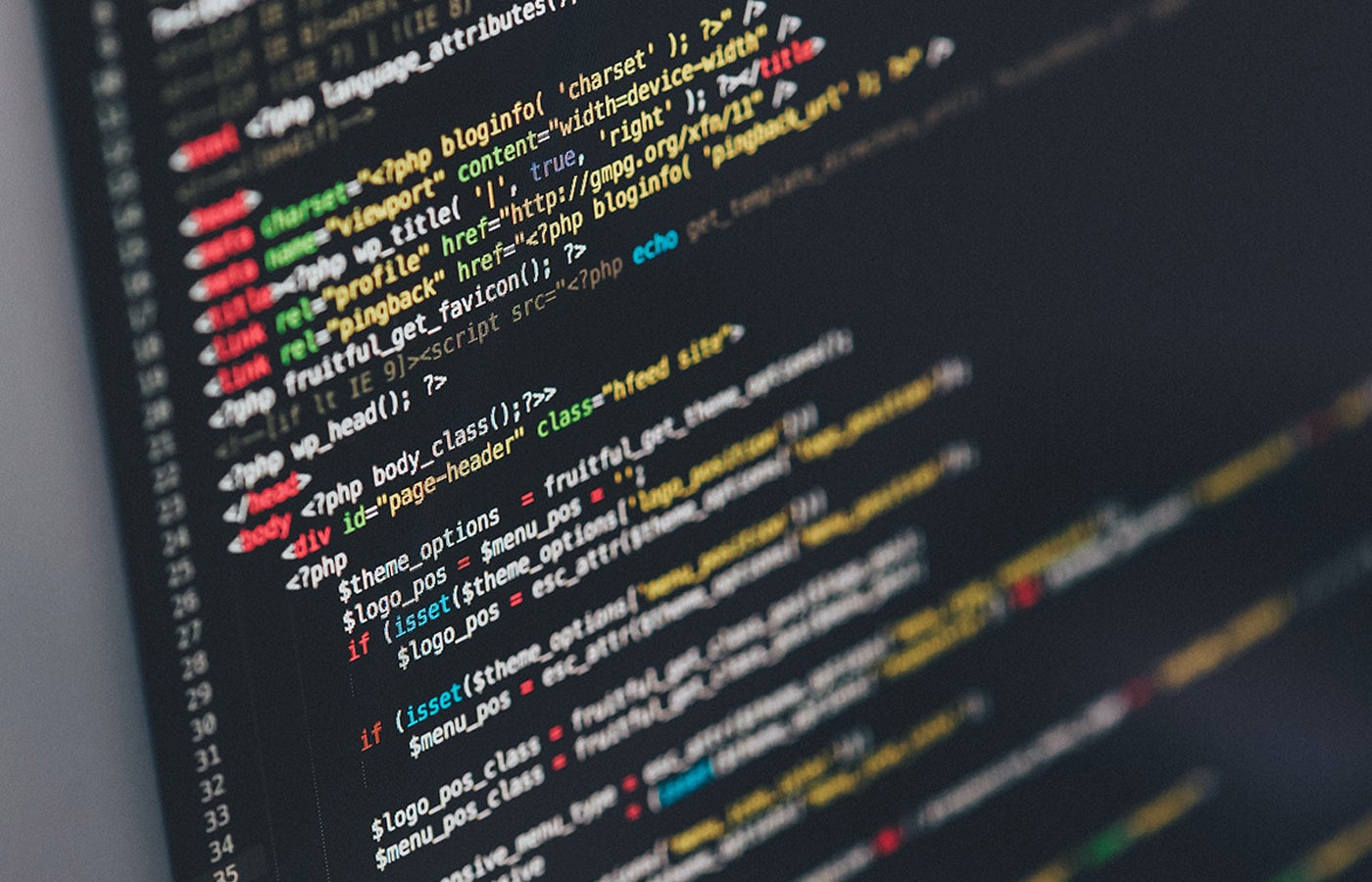For decades, Israel has established “facts on the ground” to expand and consolidate its control over the West Bank, while defying international condemnation. Now, after the Hamas attack on October 7, Israel is using the same strategy to achieve a new goal: the ethnic cleansing of Gaza.
By driving 2 million people from their homes, destroying critical infrastructure and leveling huge swaths of land entirely, the new facts on the ground that Israel is creating will make Gaza uninhabitable when the weapons stop working, leaving no choice but to massive displacement.
This approach, which creates a reality that is virtually impossible to undo, was applied by Israel in the 1970s in its rapid construction of settlements on Palestinian territory, which were widely recognized as illegal under international law. Even then, the strategy was not new. Years before the State of Israel was established in 1948, Zionist settlers flocked to Palestine and established small communes, or kibbutzim. These settlements were instrumental in creating permanent physical ties to the land.
After Israel defeated Arab armies in 1967, it took control of vast regions from Egypt’s Sinai to Syria’s Golan Heights. In the years that followed, the international community united around the recognition of the “inadmissibility of the acquisition of territory by war.” But Israel had other ideas. Although Egypt would later reclaim its land through a peace treaty, Israel embarked on a campaign to solidify its control of Palestine and the Syrian Golan by establishing new facts on the ground designed to make impossible any negotiated settlement, any alternative to full Israeli sovereignty. .
Between 1967 and 2017, Israel built more than 270 settlements and outposts throughout the West Bank and East Jerusalem, dividing into isolated islands lands that would have served as the heart of a future Palestinian state. Today, more than 700,000 settlers They now live in Israel’s ever-expanding settlement network, ensuring that even if a miracle were achieved and a Palestinian state was established along the 1967 borders, it would be hopelessly fragmented and effectively ungovernable.
It did not matter that these settlements were unanimously considered by the international community as illegal under international law. Nor did it matter that even the United States, Israel’s greatest supporter and benefactor, saw the expansionist settlement policy as an obstacle to peace. What mattered was that they were there: physical manifestations of Israeli settler colonial expansion.
While the Palestinians based their legitimate claims to the land on indigeneity, international law and even property titles, Israel could point to the physical presence of Israeli settlements and settlers, shrug its shoulders and say: “This is how it is now.” . The international community, without the desire or ability to intervene, would effectively be forced to retroactively recognize the reality constructed by Israel.
Now, the Israeli government is once again in the process of unilaterally reconstructing the reality on the ground and, in doing so, destroys all hopes for a peaceful future. This time, it is not pursuing expansionist goals through settlement construction, although Gaza resettlement may well be the long-term plan. By attempting to annihilate Hamas, Israel is wiping Gaza as we know it off the map and making it uninhabitable for the 2.3 million Palestinians who call it home. This is not the unfortunate outcome of war, but a calculated strategy to achieve the goal of maximum land with minimum Palestinians; Let us consider this as the new facts on the ground.
Even before Israel’s new attack, Gaza’s infrastructure was crippled by more than 16 years of a suffocating Israeli blockade. More than 85% of Gaza’s population of 2.3 million has been internally displaced, with nowhere safe inside Gaza to flee to. If Israel’s attack were to end today, analysts estimate that more than 50% of the home in Gaza has already been severely damaged or destroyed. and israel supposedly plans to flood Hamas’ network of seawater tunnels, which risks permanently contaminating Gaza’s soil, polluting its aquifers and causing even more infrastructure collapses.
What will happen to the hundreds of thousands, if not millions, of Gazans after this destruction? Of course, Israel will not absorb the new wave of refugees it creates. Its fate will be in the hands of neighboring Arab states and the international donor community.
Arab leaders, from the president of Egypt Abdel Fattah Sisi to Jordan King Abdullah, have made it clear that the mass displacement of Palestinians from Gaza is a “red line.” Even the Biden administration, which has given Israel carte blanche to decimate Gaza, recently said that Israel must work to prevent “significant additional displacement”of Palestinian civilians. However, no one is using their influence to dissuade Israel from creating the conditions that will make this supposedly unacceptable outcome inevitable.
Herein lies the threat of Israel’s “facts on the ground” strategy. Over the years, Israeli leaders have achieved their expansionist goals by gradually but steadily carrying out practices widely abhorred by the international community and illegal under international law. In the West Bank, an ethnic cleansing of all Palestinians in one fell swoop would likely trigger regional and perhaps even international intervention, but the gradual appropriation of land through settlement construction as stubborn facts on the ground could achieve the same end with less consequences.
Similarly, Israel does not need to kill the entire population of Gaza at once. All it has to do is ensure that the Gaza Strip is uninhabitable and the rest will follow. Israel can once again shrug its shoulders and point out the irreversible reality it created.
It doesn’t have to end like this. The international community, led by the United States, could discard its façade of impotence and leverage its extensive economic and diplomatic tools to make clear to Israel that the mass displacement of Palestinians is unacceptable, that Gazans must be able to return to their homes. . . Without intervention now, Israel will press ahead, as it did in the West Bank, systematically destroying the viability of all alternative solutions and ensuring another Nakba of historic proportions.
Tariq Kenney-Shawa is a U.S. policy fellow at Al-Shabaka, a nonprofit think tank focused on Palestinian issues.












